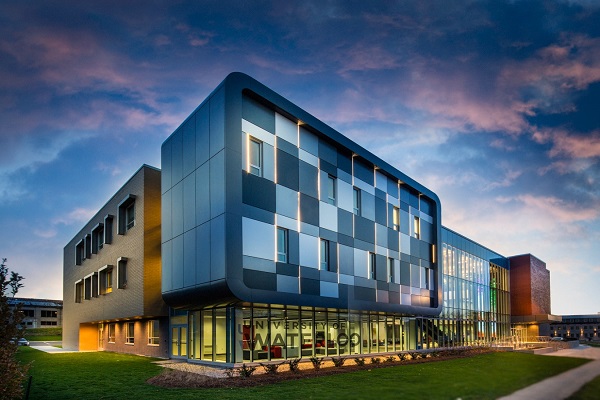University of Waterloo: Improving our community, one activity at a time
As most of us have experienced, community is a key component in the making of a person.
Preet Momi, who is graduating with a Master’s in Recreation and Leisure Studies this fall, had the unique opportunity to study community reintegration for women leaving prison with Professor Heather Mair from the Department of Recreation and Leisure Studies.
Preet MomiMomi says her research journey began when she learned about the “emancipatory power of recreation and leisure, as well as the rapidly increasing prison population in North America,” which led her to Mair and the University of Waterloo. Momi says that changes must occur in our prison system to reduce recidivism, help women thrive and make our communities healthier overall.
Momi’s research gave her the opportunity to learn about women’s unique life stories, including experiences of before, during and after incarceration. “Learning how each woman healed, practiced empowerment and built community was especially moving,” she says.
Momi’s main findings showed how women often experience a mosaic of constraints to successful community reintegration after leaving prison, including past and ongoing personal life experiences, unmet health needs, financial stress, limited access to leisure, disconnection from community, lack of reintegration supports in prison, stigma and more – many of which require mitigation.
Thankfully, she also found that different forms of support from family and social circles, including emotional support, personalized peer social support, assistance with transportation, connections to community programing and overall help with reintegration seemed to help women thrive after leaving prison.
Momi also found that women practiced different forms of empowerment, including through self-empowerment, recreation and leisure, spirituality and restorative justice-focused programs such as Stride Circles by Community Justice Initiatives, which was a main focus of her thesis.
Momi hopes her research will help amplify women’s voices, and ideally help governing bodies identify and enact the growth and development needed in the prison system. She notes that recognizing the life-changing differences that restorative justice programming can make for people leaving prison was a privilege. “I love to help change lives, one activity at a time.”
After graduation, Momi hopes to work independently as a recreation therapist with specialties in art therapy, yoga and meditation. She is also interested in the possibility of collaborating with a horticulturist to expand the services she would be able to offer her clients. Furthermore, her growth of knowledge continues as she hopes to gain more opportunities and work with people who have been to prison.
She says, “My advice to other graduate students is to let your passions guide you, discover yourself as you go, challenge yourself and do not be afraid to fail, because eventually, you will succeed. You are all greatness in the works!”

